Energy
-
'Thirst for Power' Documentary Explores Interconnection of Water and Energy

A new documentary film, “Thirst for Power”, explores our dependence on water for energy and the hidden vulnerabilities in our modern, water-dependent energy systems.
-
Rare Earth Element Extraction Bolstered by New Research
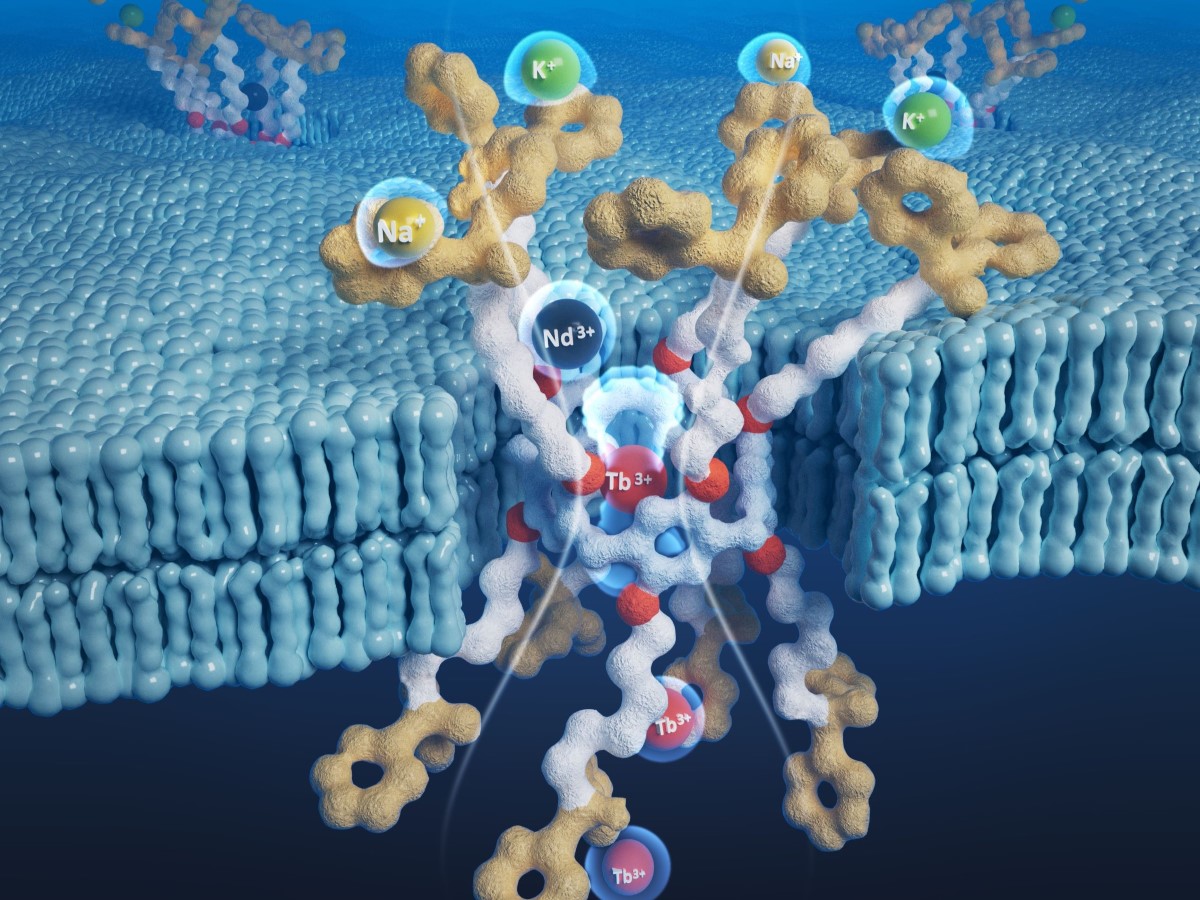
A more efficient and environmentally friendly approach to extracting rare earth elements that power everything from electric vehicle batteries to smartphones could increase domestic supply and decrease reliance on costly imports.
-
Smoothing Over Rough Edges in Batteries
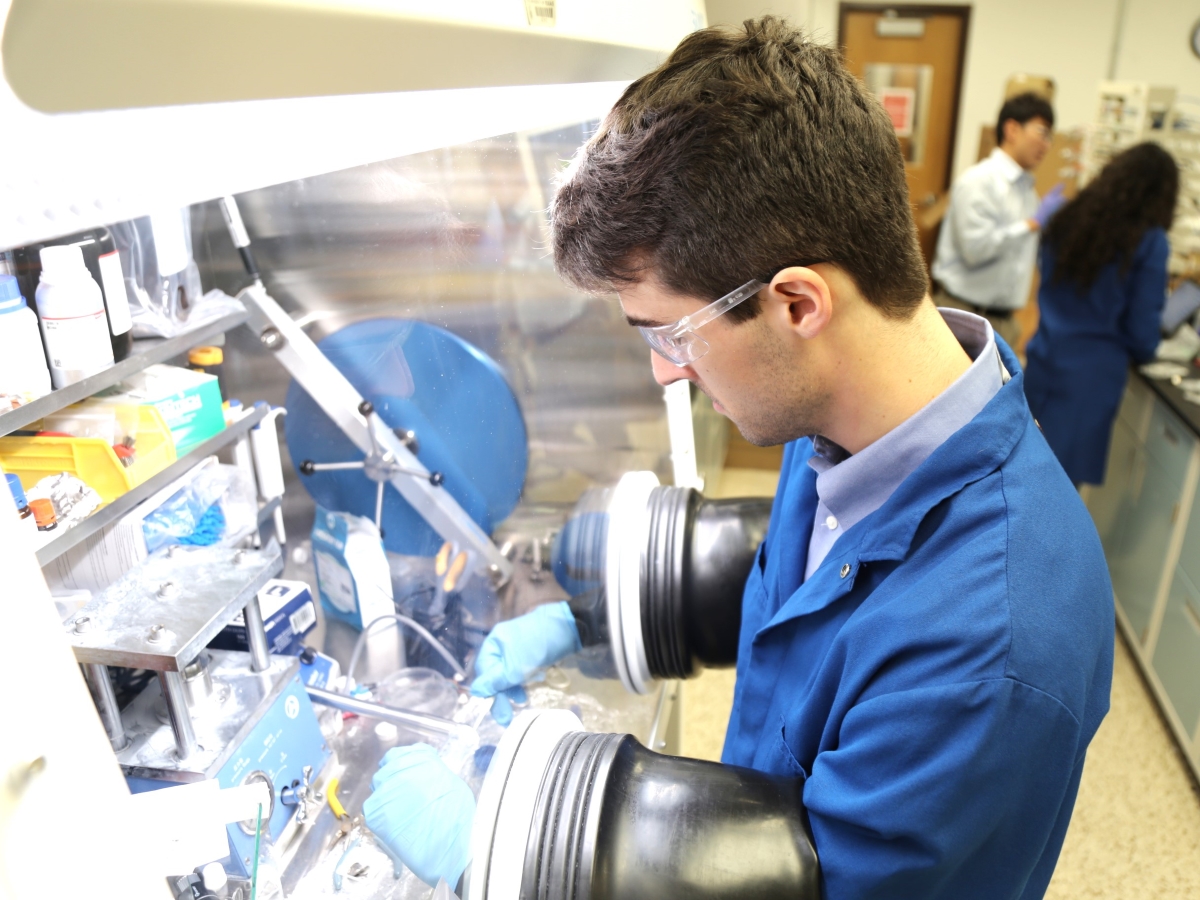
Texas Engineers have discovered a new phenomenon in modern batteries, one that could be used to improve their life cycles.
-
Nuclear Energy Is Having a Moment, Again
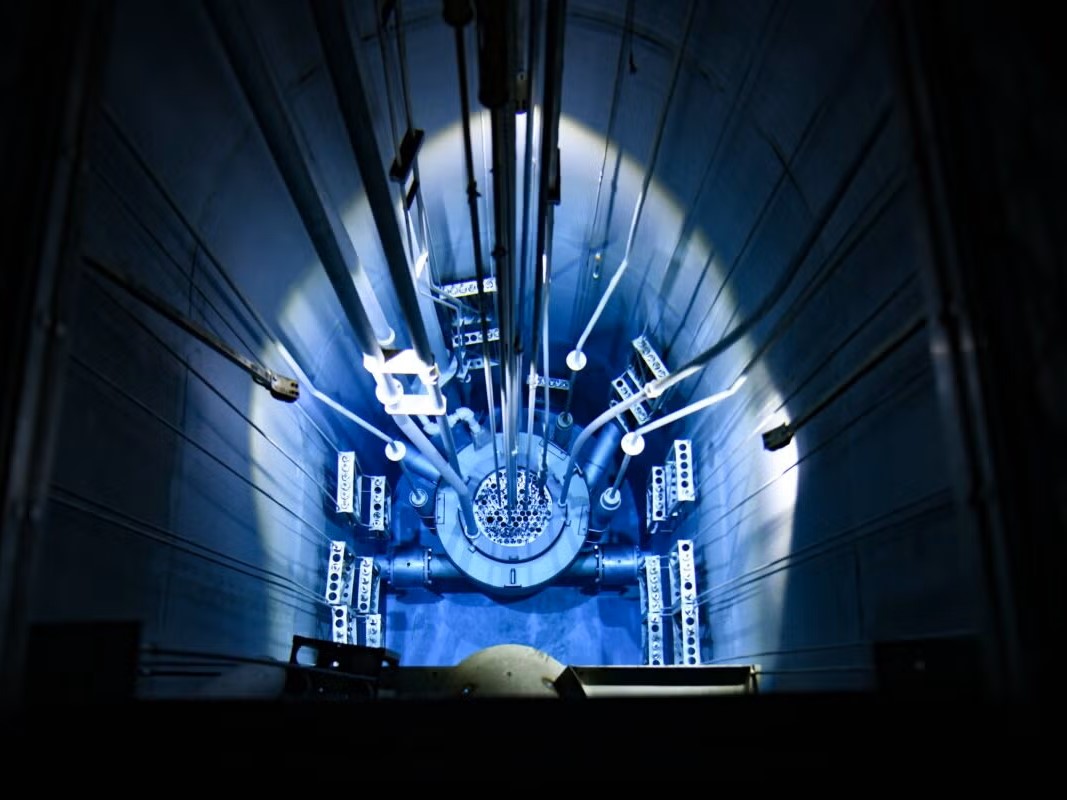
Texas Engineers are part of a team building reactors that would be very safe, small and therefore much more affordable to build, and modular, so individual users such as data centers or refineries might have their very own nuclear power plants yielding plentiful, steady electricity.
-
A Path to Safer, High-Energy Electric Vehicle Batteries
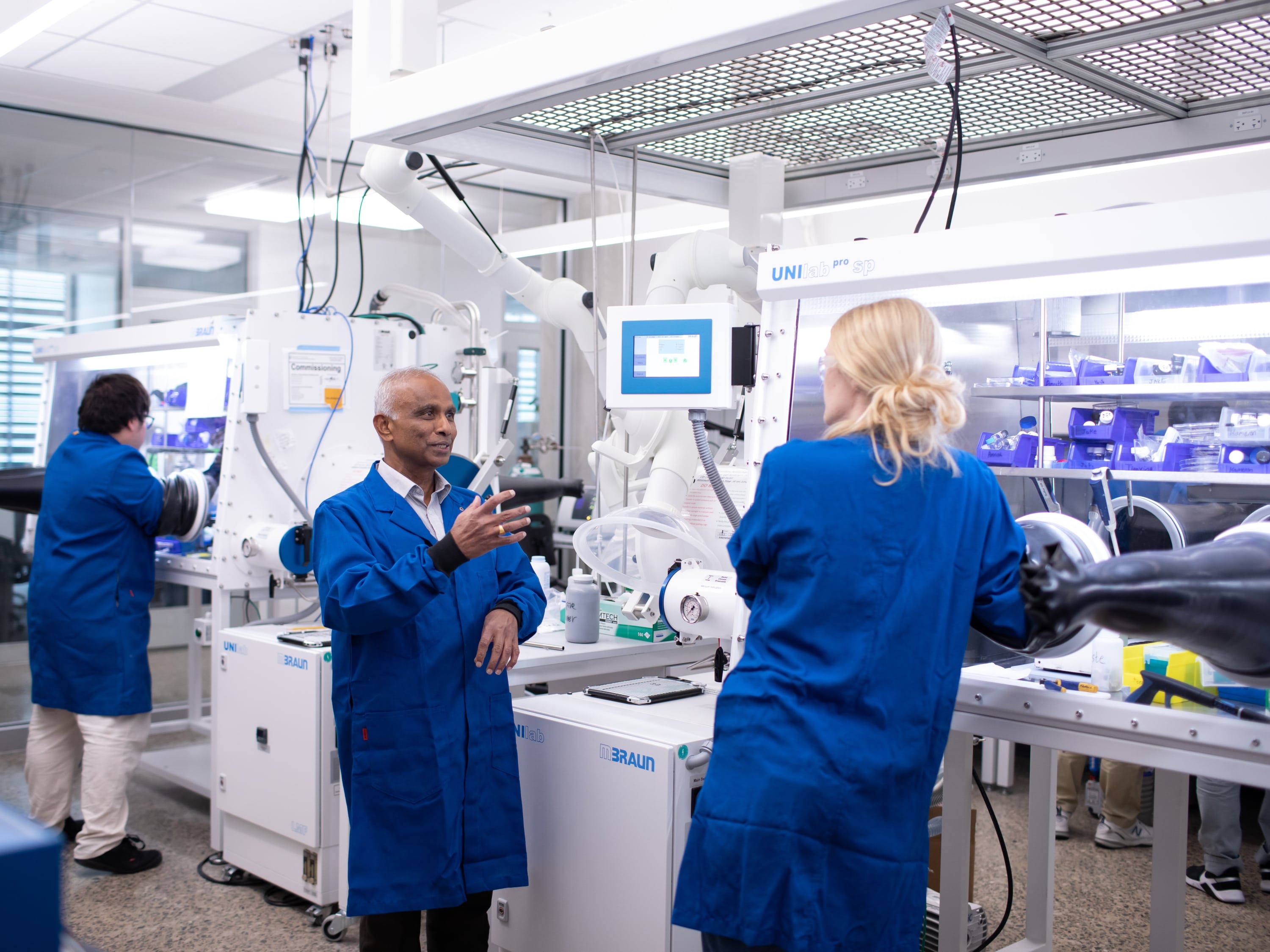
A new study dives deep into nickel-based cathodes, one of the two electrodes that facilitate energy storage in batteries, to improve electric vehicles.
-
Tales From the Tunnels

It’s harder than you’d think to access a network of forbidden tunnels on the Forty Acres that reside just beneath our feet. And it’s easier than you’d imagine to access one of the largest microgrids in the United States.
-
Big Texas Energy
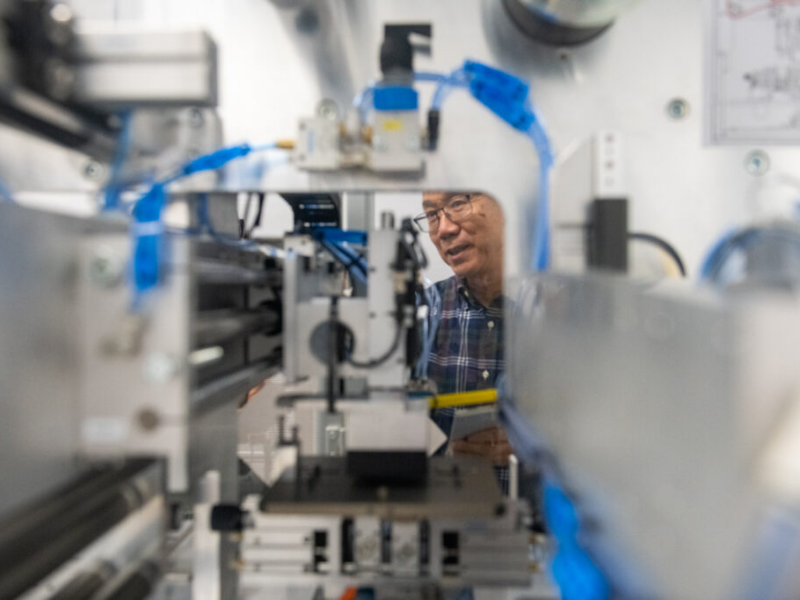
Twenty-five years from now, nearly 10 billion humans will populate the Earth. Their houses, offices, factories, cars, trains, planes, and other modern-day infrastructure and transportation will require as much as 57% more energy than today...
-
UT Expertise to Reduce Emissions from Oil and Gas and Improve Measurement Accuracy

The University of Texas at Austin will play a leading role across multiple projects that collectively seek to drive down methane emissions across oil and natural gas value chains.
-
Carbon Reduction Gets a Spark in New Research
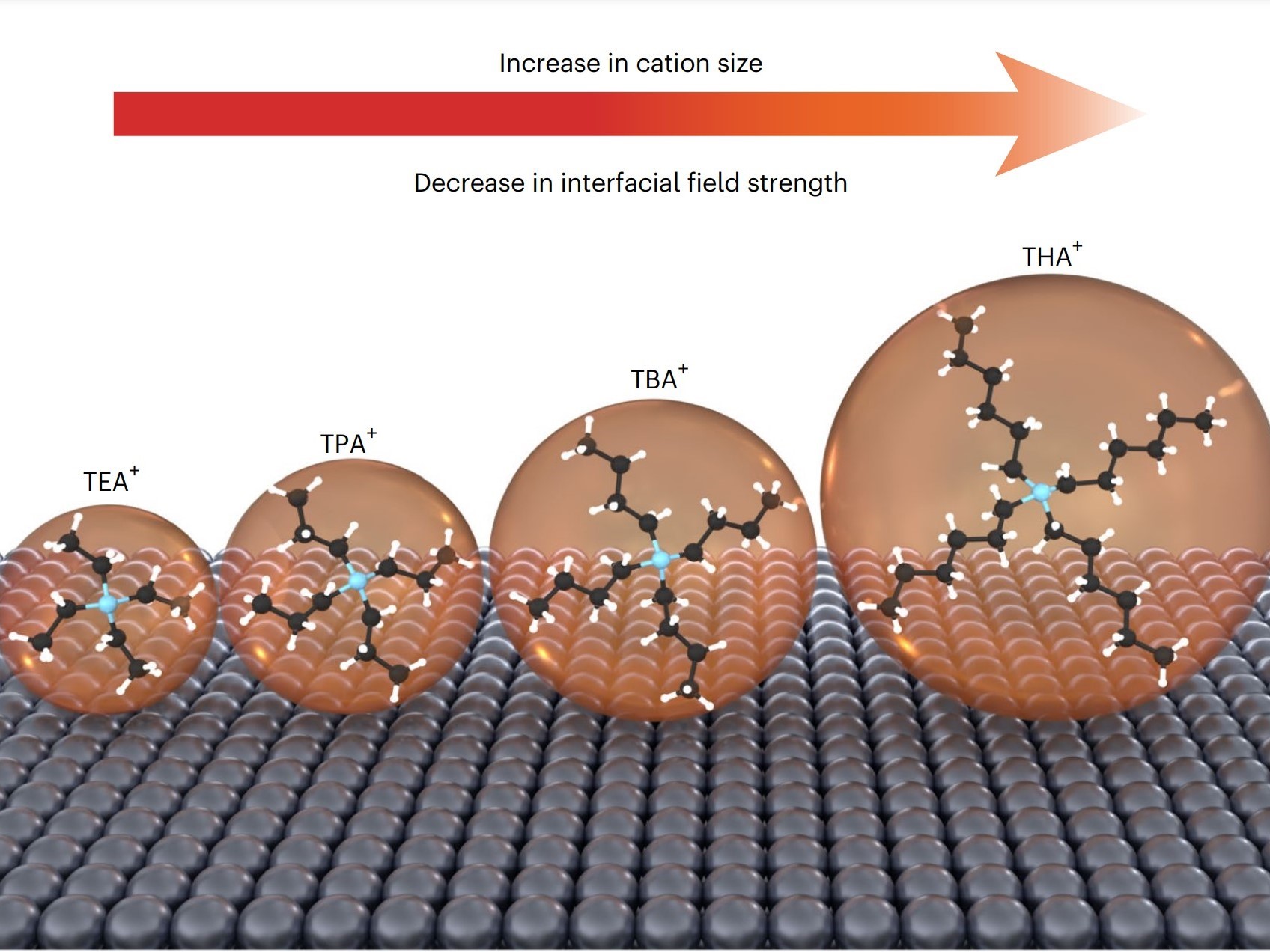
Researchers at The University of Texas at Austin have made a significant breakthrough that could accelerate electrochemical reduction of carbon dioxide, a technology that uses electricity to transform CO₂ into valuable fuels and chemicals.
-
Michael Webber Receives Energy Thought Leader Award
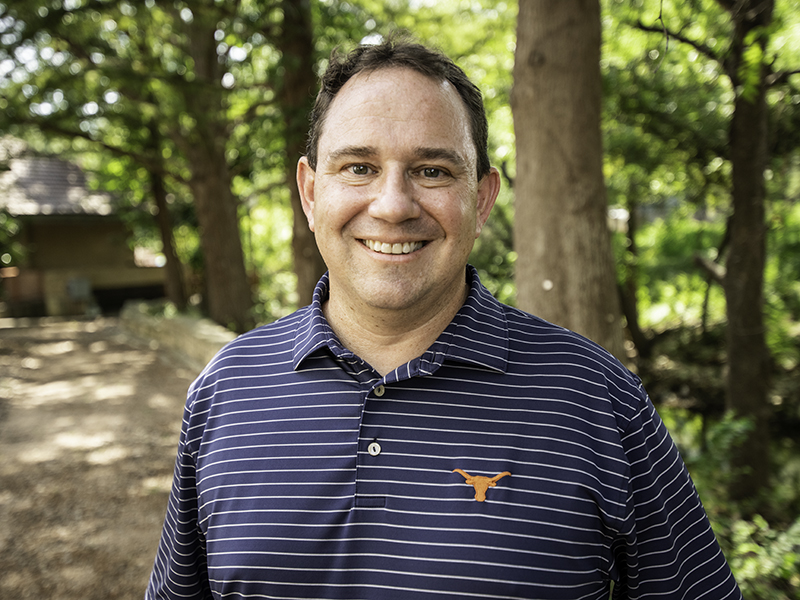
Michael Webber, who holds a dual appointment in the Cockrell School of Engineering’s Walker Department of Mechanical Engineering and the LBJ School of Public Affairs at The University of Texas at Austin, was selected as the Energy Thought Leader: Higher Education for The American Energy Society’s 2024 Energy Awards.
-
New Thermal Interface Material Could Cool Down Energy-Hungry Data Centers
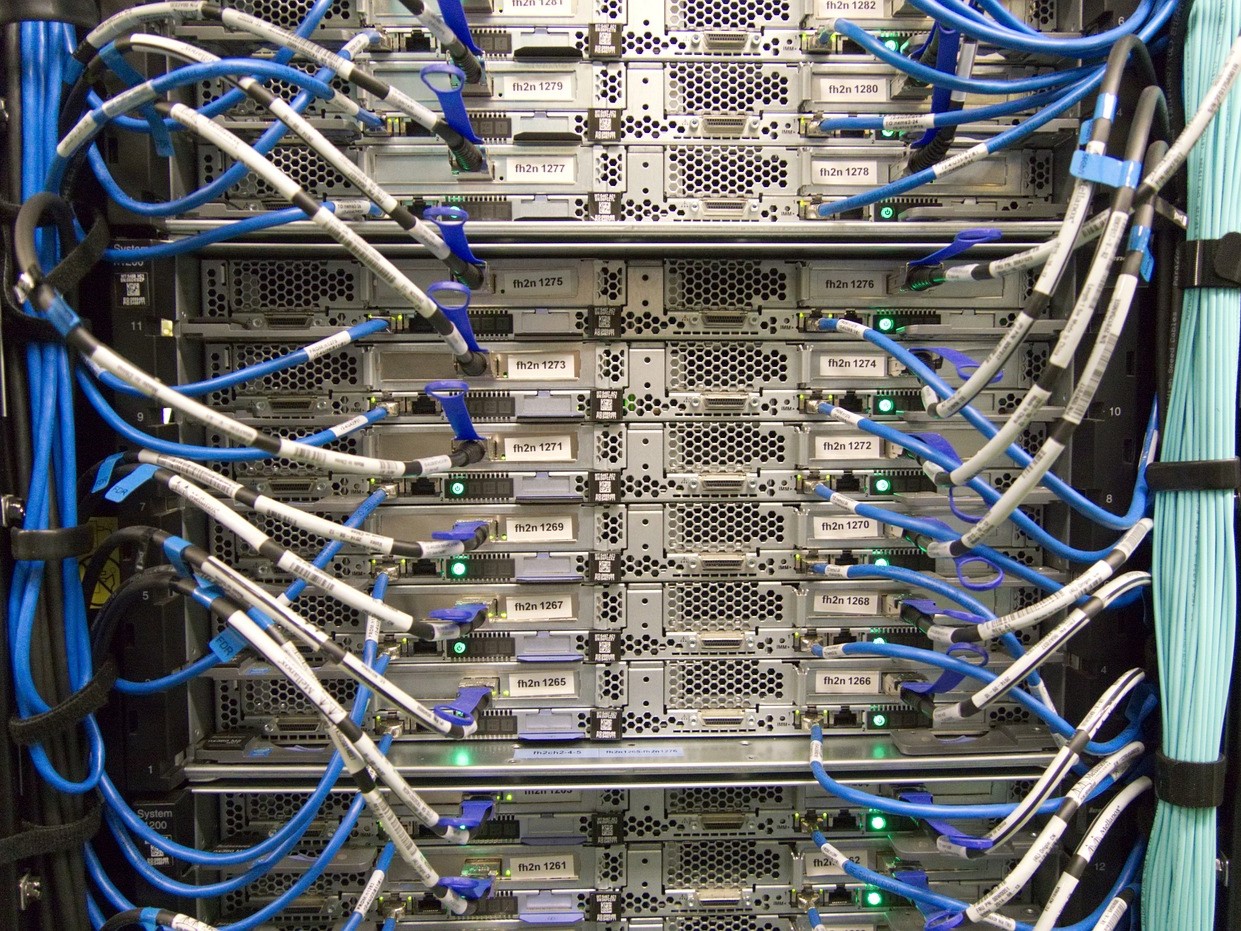
A team led by scientists and engineers at The University of Texas at Austin created a new “thermal interface material” that could organically remove heat from high-powered electronic devices, reducing or even eliminating the need for extensive cooling of data centers and other electronic devices.
-
UT Part of Critical Nuclear Energy Milestone
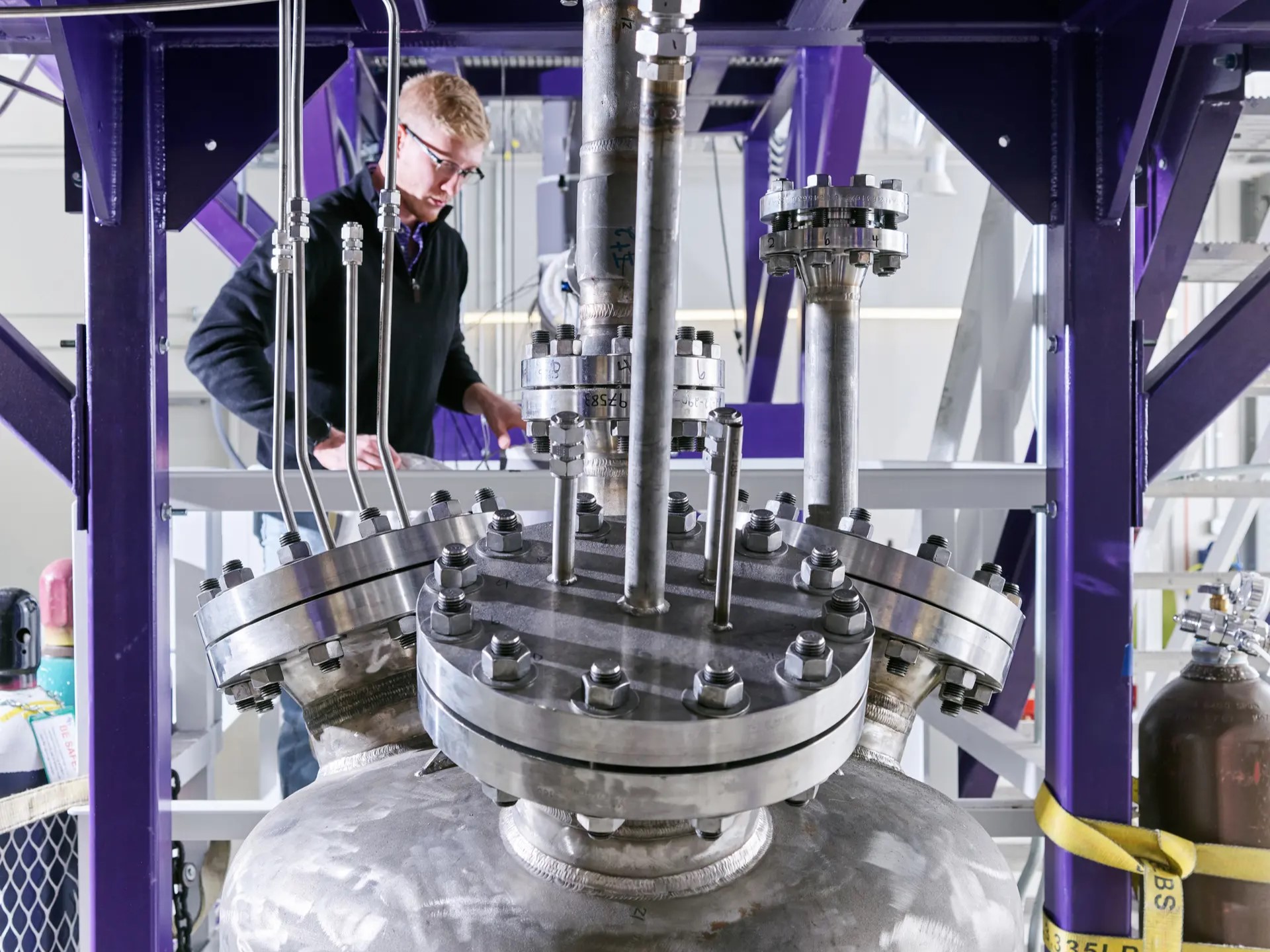
The University of Texas at Austin is playing a pivotal role in developing the first new nuclear reactor in Texas in decades based on a novel technology that promises safer, more efficient nuclear energy.
-
Study Reveals Best Way to Encourage Environmental Gains in Oil and Gas

A new study shows that external pressure can lead to enhanced environmental performance in the energy industry, and the nature and type of pressure have a major impact on the outcomes.
-
Could Hydrogen, Ammonia Blends Become the Key to Clean Electricity?
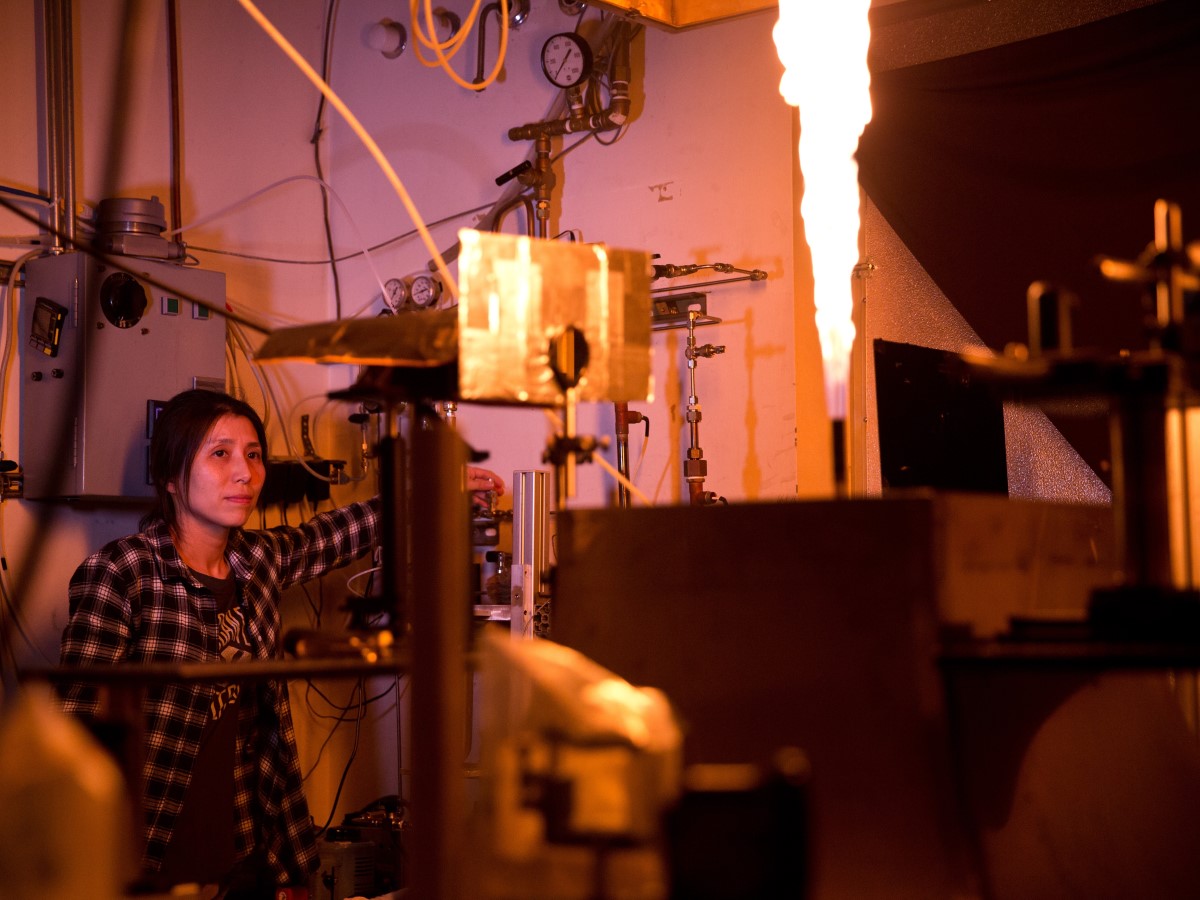
Texas Engineers are combining hydrogen and ammonia, which are in many ways natural complements, as a potential source for generating carbon-free electricity
-
How Did Life Begin? A Shocking New Twist

New research zeroes in on how lightning strikes may have served as a vital spark, transforming the atmosphere of early Earth into a hotbed of chemical activity.
-
How Plasmas Could Help Reduce Methane Emissions

Texas Engineers have developed the most efficient method yet to convert methane to methanol over the distributed scales where it is produced.
-
New Carbon Storage Technology Is Fastest of Its Kind

A new way to store carbon captured from the atmosphere developed by researchers from The University of Texas at Austin works much faster than current methods without the harmful chemical accelerants they require.
-
Self-Propelling Satellites and Reentry Shields Among New Projects for Aerospace Engineer
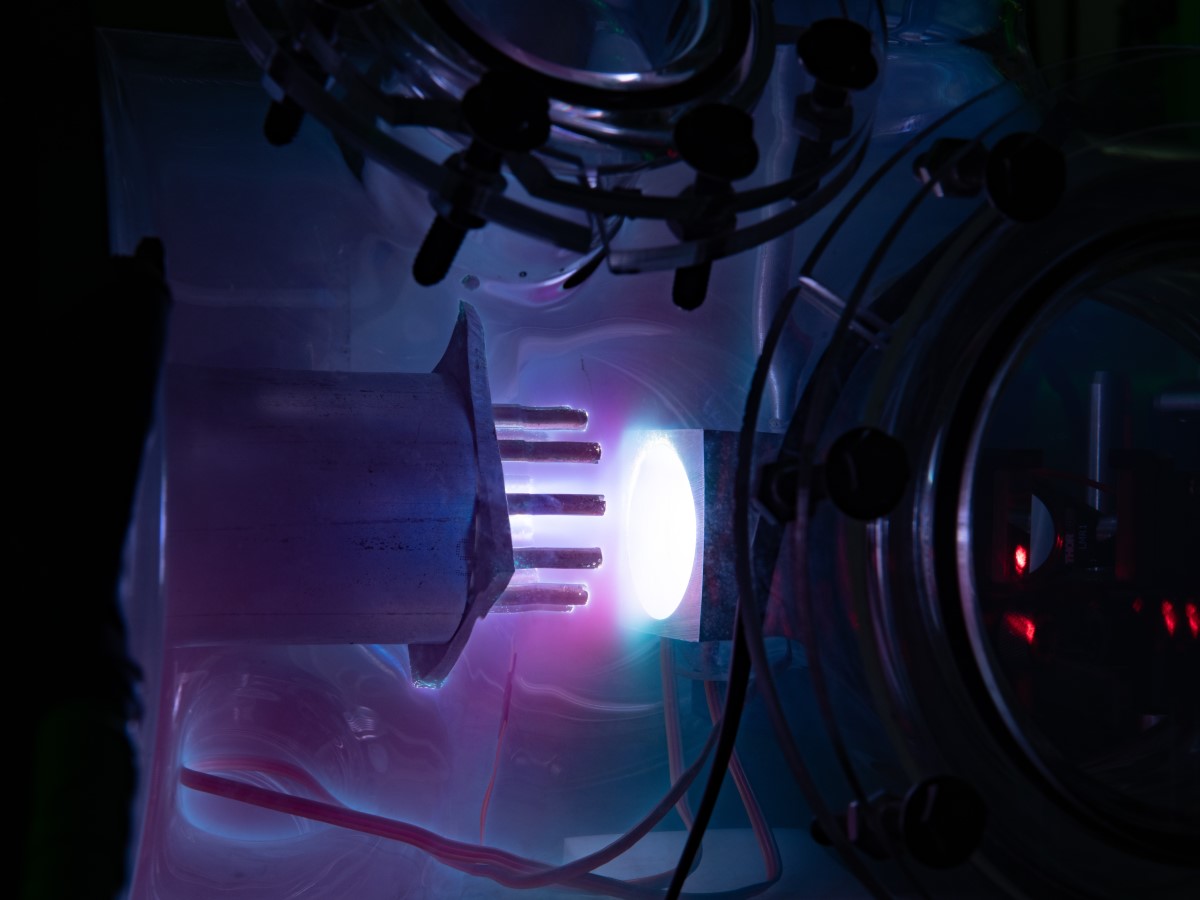
Aerospace engineer Thomas Underwood is studying many applications of plasmas, which involve the infusion of electrical energy into gases.
-
The Rise of Hydrogen
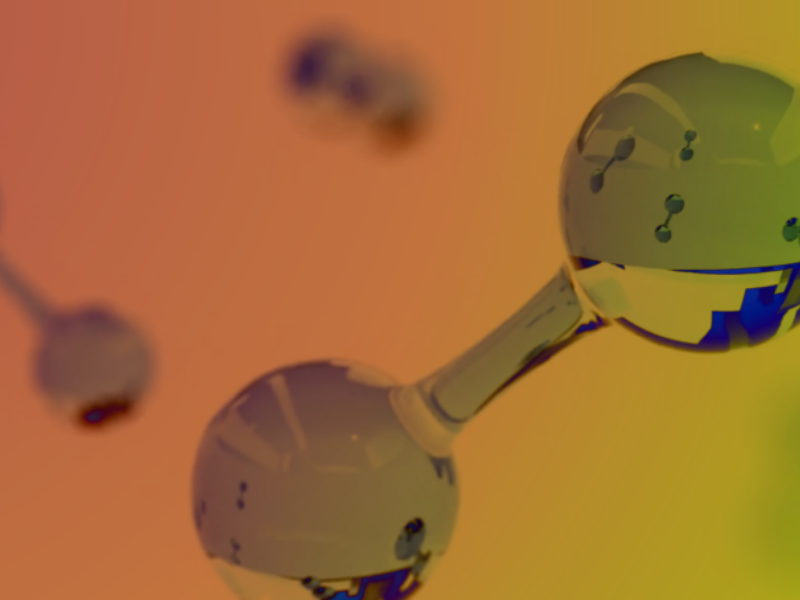
With a finite supply of fossil fuels and growing demand for increased climate and environmental protection, the search is on for the next big thing in energy. To many experts, hydrogen is it.
-
The Making of the Energy University

Texas' robust natural resources have undeniably helped launch UT Austin as one of the nation’s premier institutions in energy education, research and innovation.







